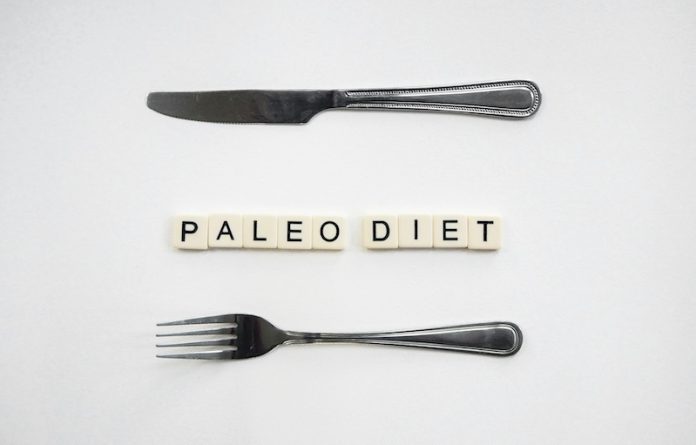
The paleo diet, often referred to as the “caveman diet,” is a way of eating that aims to mimic the diet of our prehistoric ancestors.
The idea behind the paleo diet is that modern processed foods are not compatible with our genetics, leading to various health problems. By returning to a simpler diet that emphasizes whole foods, proponents believe we can improve our health and well-being.
The paleo diet is based on foods that would have been available to our hunter-gatherer ancestors. This includes lean meats, fish, fruits, vegetables, nuts, and seeds.
The diet excludes foods that became common with the advent of agriculture, such as grains, legumes, dairy products, and processed foods. The premise is that our bodies are better adapted to the foods our ancestors ate over thousands of years of evolution.
One of the key aspects of the paleo diet is its focus on whole, unprocessed foods. This is believed to help reduce the intake of added sugars, unhealthy fats, and artificial additives found in many modern foods.
By eating more whole foods, individuals can potentially improve their nutrient intake, leading to better overall health.
Research on the paleo diet has shown promising results for various health outcomes.
A study published in the European Journal of Clinical Nutrition found that participants who followed a paleo diet for several weeks experienced significant improvements in blood pressure, cholesterol levels, and blood sugar control.
These improvements suggest that the paleo diet may help reduce the risk of chronic diseases such as heart disease and diabetes.
Another study in the “Journal of Internal Medicine” compared the paleo diet to a traditional Mediterranean diet.
The researchers found that while both diets improved health markers, the paleo diet led to greater reductions in waist circumference and body fat percentage. This suggests that the paleo diet may be particularly effective for weight loss and improving body composition.
Critics of the paleo diet argue that it can be overly restrictive and difficult to follow long-term. Eliminating entire food groups, such as grains and dairy, may make it challenging for some people to get all the nutrients they need.
However, many proponents argue that with careful planning, the paleo diet can provide a balanced and nutritious way of eating.
One of the benefits of the paleo diet is its emphasis on high-quality, nutrient-dense foods. By focusing on fresh fruits and vegetables, lean proteins, and healthy fats, individuals can improve their overall nutrient intake. This can lead to better energy levels, improved digestion, and enhanced mental clarity.
Implementing the paleo diet involves making some significant changes to your eating habits. It’s essential to plan meals and snacks around paleo-friendly foods and be prepared to cook more at home.
Many people find that meal prepping and keeping healthy snacks on hand make it easier to stick to the diet. Additionally, focusing on variety within the allowed food groups can help prevent boredom and ensure a wide range of nutrients.
Despite the challenges, many people find that the paleo diet works well for them. The emphasis on whole foods and the elimination of processed items can lead to a cleaner, more natural way of eating.
Additionally, the paleo diet’s focus on protein and healthy fats can help individuals feel fuller for longer, reducing the likelihood of overeating.
In conclusion, the paleo diet is a way of eating that seeks to replicate the diet of our prehistoric ancestors. By focusing on whole, unprocessed foods and eliminating modern processed items, the paleo diet aims to improve health and reduce the risk of chronic diseases.
Research has shown that the paleo diet can lead to significant improvements in health markers and may be particularly effective for weight loss and body composition.
While it can be restrictive, many people find the paleo diet to be a sustainable and beneficial way of eating that promotes overall health and well-being.
Follow us on Twitter for more articles about this topic.
Copyright © 2024 Scientific Diet. All rights reserved.





